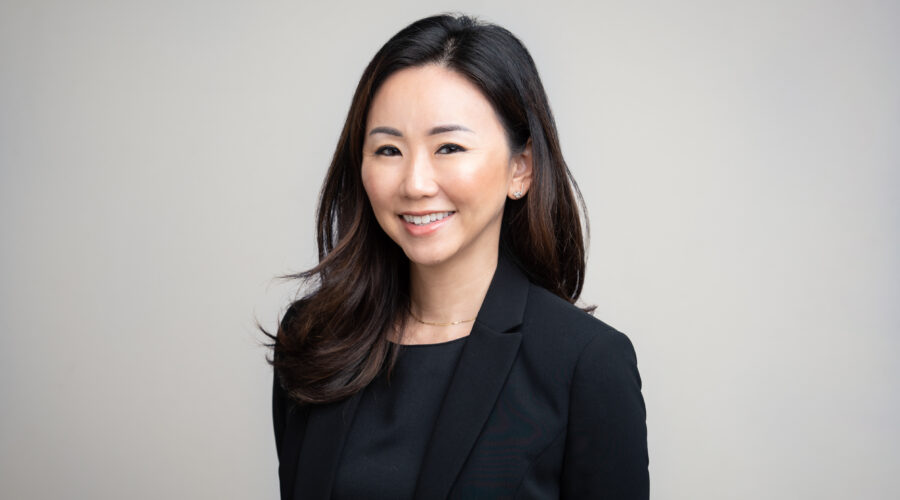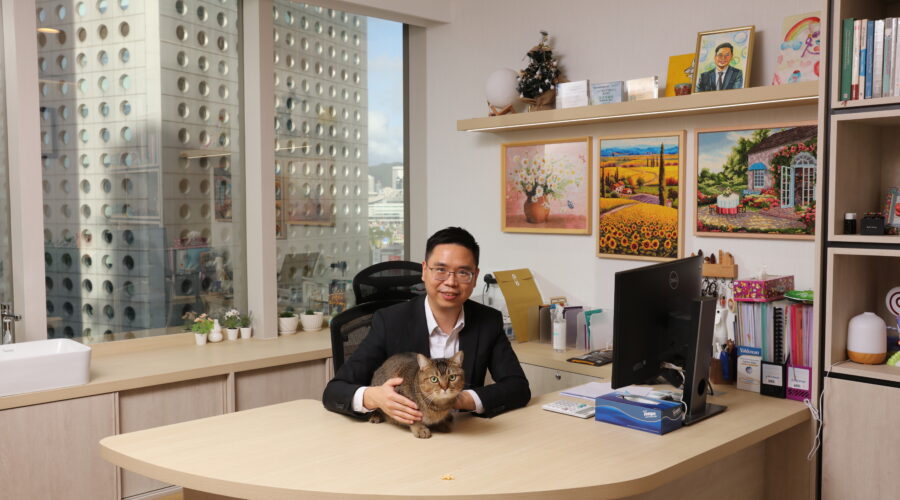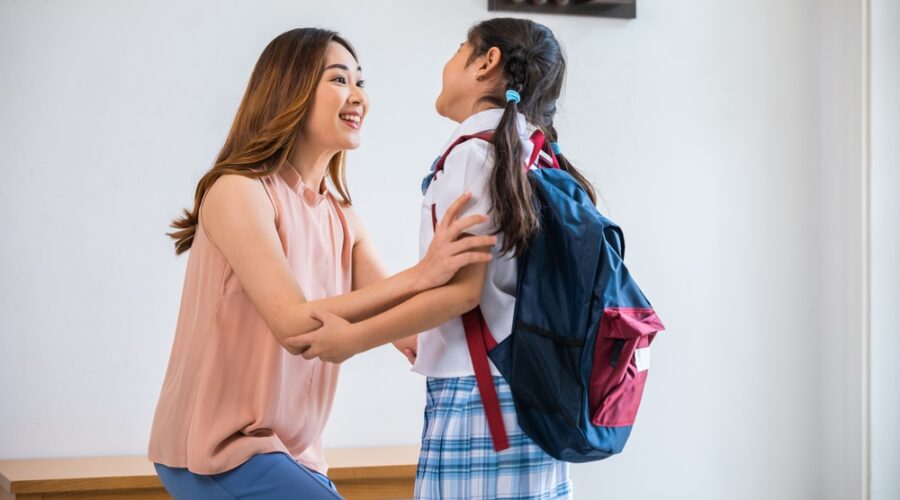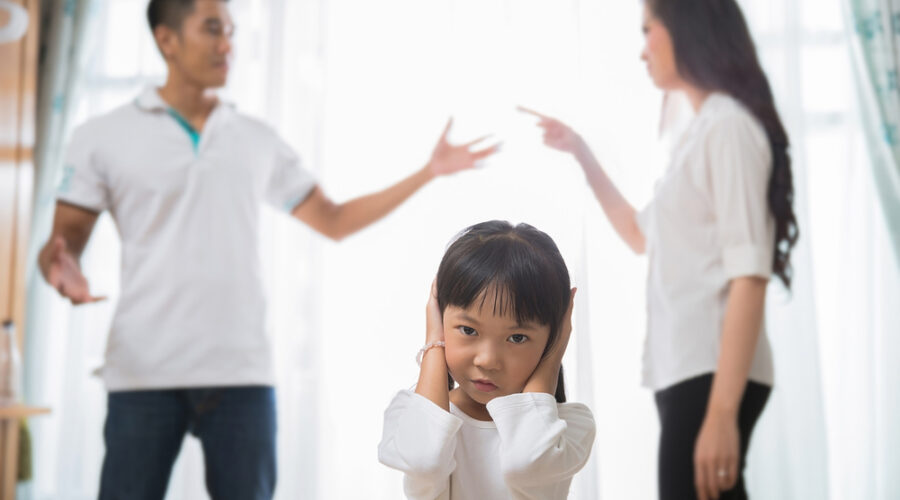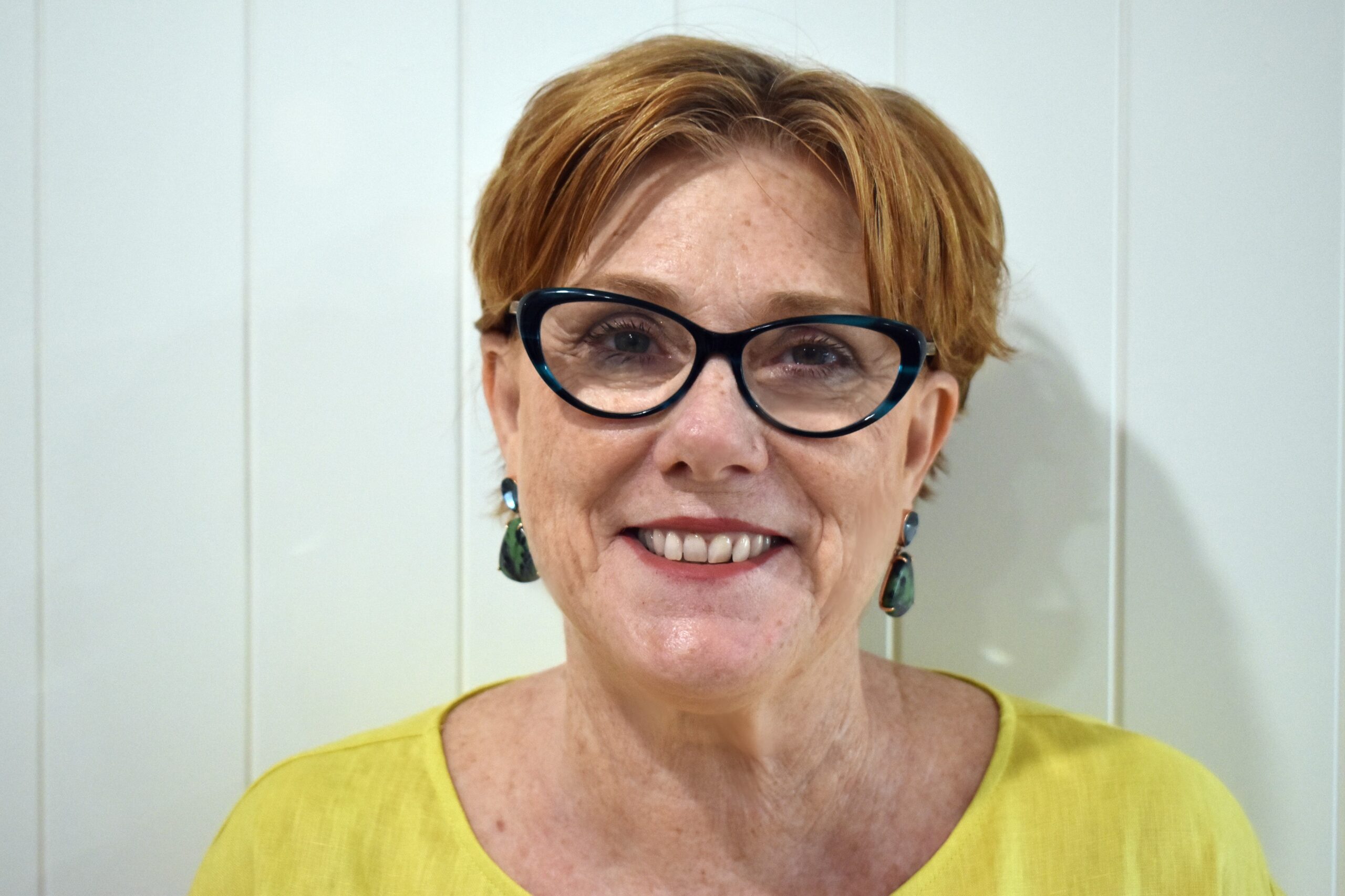
In this spotlight profile, we are speaking to Shanna Quinn. Shanna is based in Brisbane, Australia but works cross-border in Hong Kong as a Barrister-at-Law, Mediator, Forensic Social Scientist and Parenting Co-Ordinator in Family Law.
Shanna’s experience in Family Law is extensive as she helps individuals resolve disputes and is a representative in court proceedings. Shanna has been involved in highly complex and sensitive cases in family law, ranging from relationships, child protection and domestic violence orders. Shanna also works closely with family law practitioners in Hong Kong, providing her insight and practical training.
Shanna, thank you for taking the time to speak with us today. Shanna, we spoke with you a few years ago when you wrote an article for Hong Kong Divorce as a special contributor regarding mediation. That was very helpful so we want to thank you so much for your contribution.
First off, can you tell us a little bit about your background and training?
I worked for many years as a forensic social scientist, preparing over 1,000 family law reports in contested parenting proceedings and child protection litigation. I think I have given expert opinion evidence in perhaps 100 trials. I was in my forties when I transitioned to law and now practice as a barrister, representing parties in financial and parenting trials as well as child protection and domestic violence proceedings. I have had a mediation practice since 1990 and established a mediation practice in Hong Kong in 1999, having initially come to Hong Kong to train lawyers to mediate when the Family Court introduced its Pilot Family Mediation Scheme. In about 2017 I trained as a parenting coordinator and provide that service both in Hong Kong and Australia. Currently I am in the process of kick-starting family report preparation in Hong Kong.
In addition to being a mediator, you are also a trained parenting co-ordinator. Can you tell us more about this role that you have as a parenting co-ordinator?
It’s very interesting and equally difficult. Sometimes I feel like a battering ramp. Parents who come to parenting co-ordinators (“PC”) are typically highly conflicted. Often they have not spoken for a very long time and have been gripped in the rigours of litigation. But when you start to see some real improvement in how the parents start to communicate with each other, start seeing them actually become respectful of each other and start developing some real insight into the needs of their children, it all seems to be worth the effort.
The short version is that PC is essentially about helping parents implement Court orders. After what can be years of litigation, the court pronounces judgement and parents are expected to go off and implement the orders. It is an extraordinarily difficult, and generally unrealistic, to expect that two highly conflicted people can all of a sudden get on with the business of co- parenting, in some way shape or form.
So, the PC’s role typically evolves around the roles of educator, problem-solver, coach and advisor.
I have noticed some differences in how PC is practiced in Hong Kong compared to how it is practiced in Australia. Some of these differences include issues to do with confidentiality and reportability, which includes the possibility of the PC’s giving evidence; the frequency of sessions; the contract period; access to third parties and access to material such as reports that were prepared during litigation, and school and medical reports and whether the PC should speak to the child. However, I think what is most important is that the PC and the parents are very clear about the role and functions of the process and together establish goals and boundaries.
It is relatively early days in the development of PC in Hong Kong and Australia. We need to keep vigilant as the process evolves to ensure that we keep relevant and responsive to our clients need.
As a parenting co-ordinator, what are the main issues and conflicts that you are seeing between co-parents?
I think one universal problem, in the first instance at least, is that the parents, having most often just emerged from the trenches of litigation, are always distrustful of each other, generally angry, bitter and hurt.
I used to make the mistake of embarking on an immediate path of educating the parents how to effectively communicate and problem solve. Not any more. While the PC is not there to provide therapy, I have found that it is crucial that in the early phases of the process, parents are given the opportunity to decompress. This can be tricky because if the PC does not hold the reigns firmly, parents can remain locked in the past and incapable of looking to the future. But I think to ignore their emotionality will be at a great cost.
To say that the parents need help communicating sounds quite trite. However that is exactly the help they need. I think the PC needs to be creative here. Monitoring all forms of communication, giving very specific instruction about what they can and cannot say to each other and even getting them to role play a conversation with me are common techniques I employ.
Another issue is helping them come to terms with the fact that they cannot operate unilaterally in terms of making decisions about the children. Some parents find this more challenging than others. There are reasons for this of course, but when an order is made that says parents have to now mutually agree, the prospect of all of a sudden having to confer with a parent, whom was historically an absent parent, becomes a real struggle.
I think associated with that issue, is helping a parent, who might now have the opportunity for greater involvement in their children’s lives, to be child focused. It is not about what the parent wants but what the child needs. This insight does not come easily and may require considerable work.
I suppose another common issue I find is parents undermining the children’s relationship with the other parent. While a common issue it is a complex dynamic and needs multi layered intervention.
What advice do you have for parents who are trying to co-parent amidst a divorce? What do you recommend for parents so that they can successfully navigate healthy parenting post-divorce?
Stay out of court. Be patient. Get support.
As a parental co-ordinator, do you ever interact with the children? If so, how do you help counsel children who are going through the difficulties of their parents’ divorce?
Some PCs would never speak to the children. Others would. Certainly a PC should never speak to a child unless they have experience in conducting clinical interviews with the children.
I will speak to the children, but it is a bit like mediation. Keep the children away from the process, wherever possible. If they are to be spoken to, then the reason must be clear and purposeful. Most importantly, the PC must have some measure of confidence that the children will not be at risk of their parents’ retribution for saying things that conflict with their parents’ views or wishes.
Speaking to a child would never be for the purpose of providing counselling. It would be for the purpose of assessment.
Is there anything else you would like to address before we say goodbye?
While PC is typically introduced post final orders and occasionally as part of an interim order, I think lawyers should also consider PC for their clients before legal proceedings are instituted, or, very early in the legal process. It is a hard road for parents to learn the art of co-parenting once they become embroiled in the quagmire of an adversarial process.
About Shanna Quinn, Barrister, Mediator and Parental Co-Ordinator
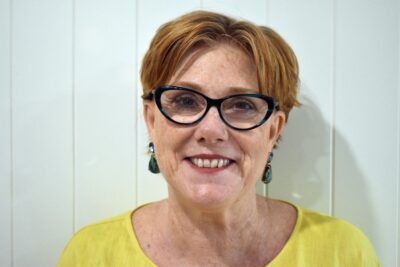
Shanna Quinn has built her career on helping individuals and families navigate disputes and conflict in a fair, equitable and conciliatory manner. Her practical approach to your situation, combined with her extensive experience as a Barrister, Mediator and Forensic Social Worker can add significant value to your case.
Shanna has been involved in highly complex and sensitive cases involving family breakdowns, relationship disputes, child protection and domestic violence orders. Shanna is able to quickly comprehend her clients’ needs, is adaptive and can deliver valuable, practical and prompt legal advice, mediation and training.






